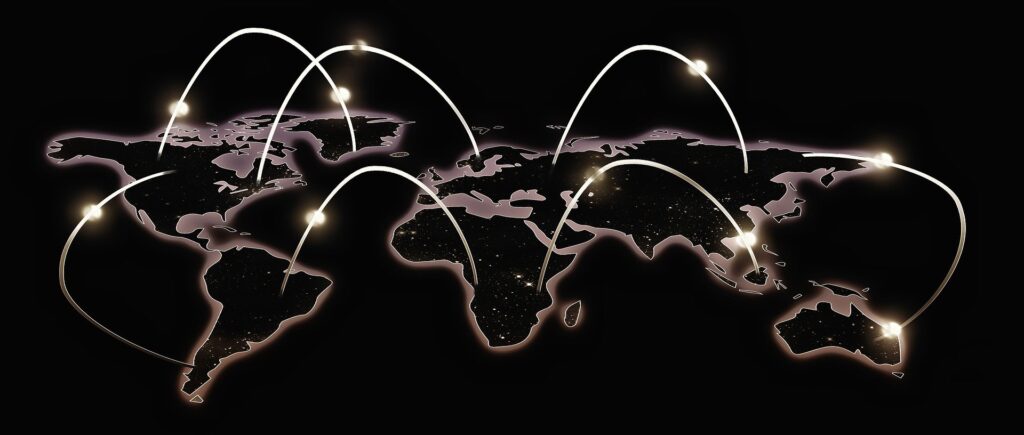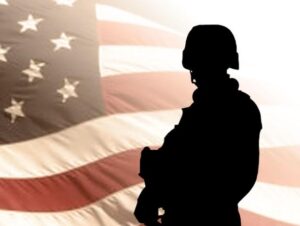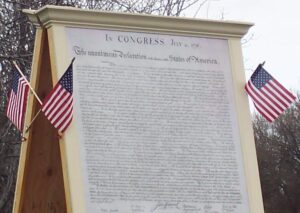In this world of cancel, cancel, cancel, it’s hard to imagine what it was like long ago when saying “I’m sorry” actually meant something and was received with forgiveness.
Back when there was no internet, people were more forgiving when someone else made a mistake and less worried about attacking them if they had a different mindset or point of view.
Even after people started using the internet, it was not as bad as it is now. The History of the Internet has an interesting timeline with the world wide web coming around in the 80s but not really available to individuals until the 90s. Per the article linked, it was 1991-92 when things became interesting.
For me, it wasn’t until 1996 that the internet found it’s way into my living room in a slow, dial-up fashion. The method of searching for information was by way of whatever interface the company you paid had to offer. If you left that company for another, anyone you met online was now inaccessible.
Once the internet became ‘one’ place where everyone could gather (at least in the USA), things began to change. Now, suddenly, you could find people, track them down, and stay in their life, for better or worse. Still, for the most part, people remained polite and let others live as they wanted.

The early 2000s brought about social media, pulling people away from bulletin boards, forums, and blogs. These places still exist but it FEELS as if they have disappeared. Today millions are found on Facebook or Twitter so the spotlight has gone dark on other sites. In my research, I found many other social sites where people congregate but we have been trained to believe the only places to go are the Big Two.
As I research for that moment in time when the internet became more obnoxious and less informative and entertaining, I think about what makes it that way. In general, it has become one giant cesspool of politics. An amazing number of people are obsessed with politics and the age range is incredible.
When I was in my twenties, I had little use for politics. I didn’t understand it, I didn’t care about it, and no one my age did either. Today, it is being pushed in high school and junior high. In some cases, it’s being introduced in grade school under the guise of teaching very young children about very adult things.
Looking at Wikipedia today under the topic of ‘history of the internet’, I found one paragraph speaking on the subject of politics.
Politicization of the Internet
Due to its prominence and immediacy as an effective means of mass communication, the Internet has also become more politicized as it has grown. This has led in turn, to discourses and activities that would once have taken place in other ways, migrating to being mediated by internet.Examples include political activities such as public protest and canvassing of support and votes, but also:
-The spreading of ideas and opinions;
-Recruitment of followers, and “coming together” of members of the public, for ideas, products, and causes;
-Providing and widely distributing and sharing information that might be deemed sensitive or relates to whistleblowing (and efforts by specific countries to prevent this by censorship);
-Criminal activity and terrorism (and resulting law enforcement use, together with its facilitation by mass surveillance);
-Politically-motivated fake news.
This is more or less what I mean. The spreading of ideas and opinions is a good thing but there are many cases today where only ‘one side’ is allowed and this falls under the definition of censorship. It also brings about the infringement of rights, restricted speech, banning, etc.
Now where have we seen this lately? That’s right, the Big Two banned the president of the United States and many others. Sadly, it wasn’t just FB and Twit.
Based on what has been thrust into our faces over the last few months, this has gone beyond censorship and right into thought control. The banning of individuals due to their political beliefs or their thoughts about life mixed with the assault on groups or companies that do not fall in line, shows just how far the thought police will go.
Why do I call them thought police?
First of all, to say that I know who ‘they’ are is not a concise statement. I can assume who they are based on what has happened on sites like Facebook and Twitter and based on who has been banned. If you go strictly off of that information coupled with what the government has been doing, it appears very one sided.
Second, what else should I call them? Social media sites are banning people based on what is being said which comes from thought. If they are going to ban the thoughts of people, and if they are going to do it in an authoritarian way, calling them thought police seems quite accurate.

With the 2020s came the thought police (big tech) backed by the party (elite politicians) and encouraged by the mind numbed robots (idiots on FB & Twit who think they matter) to take away the rights of those who don’t back them (anyone who doesn’t fall in line).
The over politicizing of social media, and thus the internet in general, has brought about the incredible inability to forgive.
A person can make an innocent comment and get banned by the site and thus fired by their boss or blacklisted. Why? Because someone who was offended by anything resembling a “word” got bent out of shape and complained. Not only do they complain, they get all their fellow bullies, I mean friends, to gang up on that person or BMC to the thought police.
Keep in mind that all too often the Twitter Mob is simply ten people with several “bots” making it seem as if the objection is more numerous. Imagine the incredible amount of power these few people have and how they must feel knowing they can cause the destruction of an individual and even the country.
When the so-called offensive person is forced to apologize and goes through with the apology, they usually regret it. Why? Because the people who were offended in the first place don’t actually give a crap about what was said, and they are never themselves sorry for hurting anyone.
If you can’t empathize, you can’t accept an apology as genuine and thus never forgive.
Part 2, coming soon…





